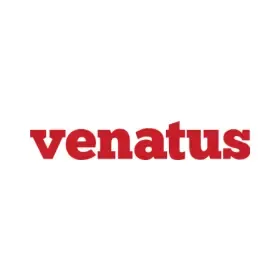Preferred Deals vs Private Auctions: Key Differences
-
 By Editorial Staff
By Editorial Staff
-
26 March 23
The adTech world loves to bring in new jargon; maybe making things look more complex has added advantages! However, publishers who are just starting off with programmatic can find themselves in a sea of complexity just by the terminology. By the end of this article, you will have a simplified understanding of ‘'referred deals and ‘'private auctions’' the basic differences, and your approach towards each of them for website monetization.
Summary
-
Preferred Deals vs Private Auctions: Key Differences
- Preferred Deals vs Private Auctions: Which is Better for Publishers
Preferred Deals vs. Private Auctions: Key Differences
A Preferred Deal allows publishers to offer buyers inventory at a pre-negotiated price (minimum CPM) and terms for the inventory. However, there's a contractual agreement between parties in a Preferred Deal. Therefore, yyou'renot obligated to hold this inventory for the specific buyer (i.e., you can sell it to another advertiser if you get a higher price), and the buyer isn't obligated to purchase all the inventory.
In a nutshell, it's one to one model where one publisher is selling one specific package of inventory to a buyer or advertiser based on an agreed price where there is no full commitment from either party. Some of the common synonymous terms include: ''programmatically preferred'' or ''programmatic premium'' ''automated premium'' ''automated preferred'' or some others.
Private auctions, on the other hand, let you offer inventory to a selected number of buyers who can bid and compete for that inventory in an auction model. For each private auction buyer, there is an option to set a minimum cost per thousand impressions (CPM) floor price, and you can also allow open auction bids to compete. This will result in increased competition and revenue for your ad inventory. Thereby, private auctions allow you to increase the overall auction pressure but ensure premium inventory to a set of trusted buyers, all while controlling price and maximizing the value bids that let you determine a winning price.
In a nutshell, it's too many models where one publisher is selling one specific package of inventory to a group of buyers for an agreed-upon price with open market competition. This results in no full commitment from either party. You can invite specific buyers or DSPs in a private auction.
Preferred Deals vs. Private Auctions: Which is Better for Publishers
Preferred deals, although they might sound lucrative, can be a waste of time for publishers because virtually all advertisers are looking to have more insights into the traffic and avail discounts along with better priority than the open auction. Since it is non-guaranteed, most of them have a minimal intention of bidding on anything outside their cookie pool. Although you're giving them first-party data insights that fit their KPIs and users' purchase interests, most of the buyers will still not bid anywhere close to 100% of the impressions they see.
So, you need to have a number of preferred deals against your inventory to protect the same and slowly optimize it for your gain.
On the other hand, private auctions require less effort from the sales team in terms of contacting the buyers, onboarding them, and finalizing the deals. Additionally, you can invite as many buyers as you want.
Many of the big publishers have acknowledged that PMPs and preferred deals do not yield high returns due to the number of steps involved in closing the deal, and also a waste of money and resource. It can work pretty well on software niches and sites with highly targeted conversions but not for the majority of the sites out there in the market. So, in my opinion, I would stick with optimizing my current ad setup and look for guaranteed deals and work on private auctions rather than preferred deals.
| Recommended Software | Category | Why Choose? | Signup URL |
|---|---|---|---|
| Setupad | Website Monetization | High CPMs, On time payments | Signup here |
| Adsterra | Website Monetization | AdSense alternative, niche CPMs | Signup here |
| Beehiiv | Email Monetization | Additional revenue, High CPMs | Signup here |
| Semrush | SEO | High impact on SEO and traffic | Signup here |
| Frase.io | AI SEO | Affordable, Boosts SEO traffic | Signup here |
| WP Rocket | Speed Optimization | Affordable, Boosts Pagespeed | Signup here |
Blog FAQs

Editorial Staff at Publisher Growth is a team of blogging and AdTech experts adept at creating how-to, tutorials, listings, and reviews that can publishers run their online businesses in a better way.
View All PostsOur Editors’ Pick:
Browse these amazing publisher monetization tools handpicked by our team of editors






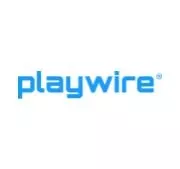






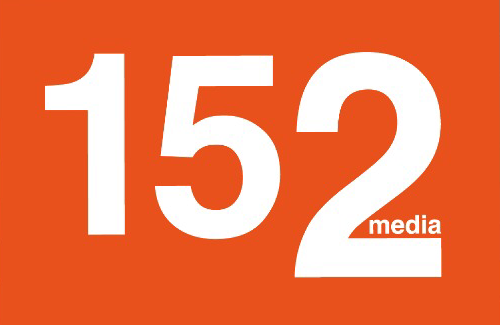
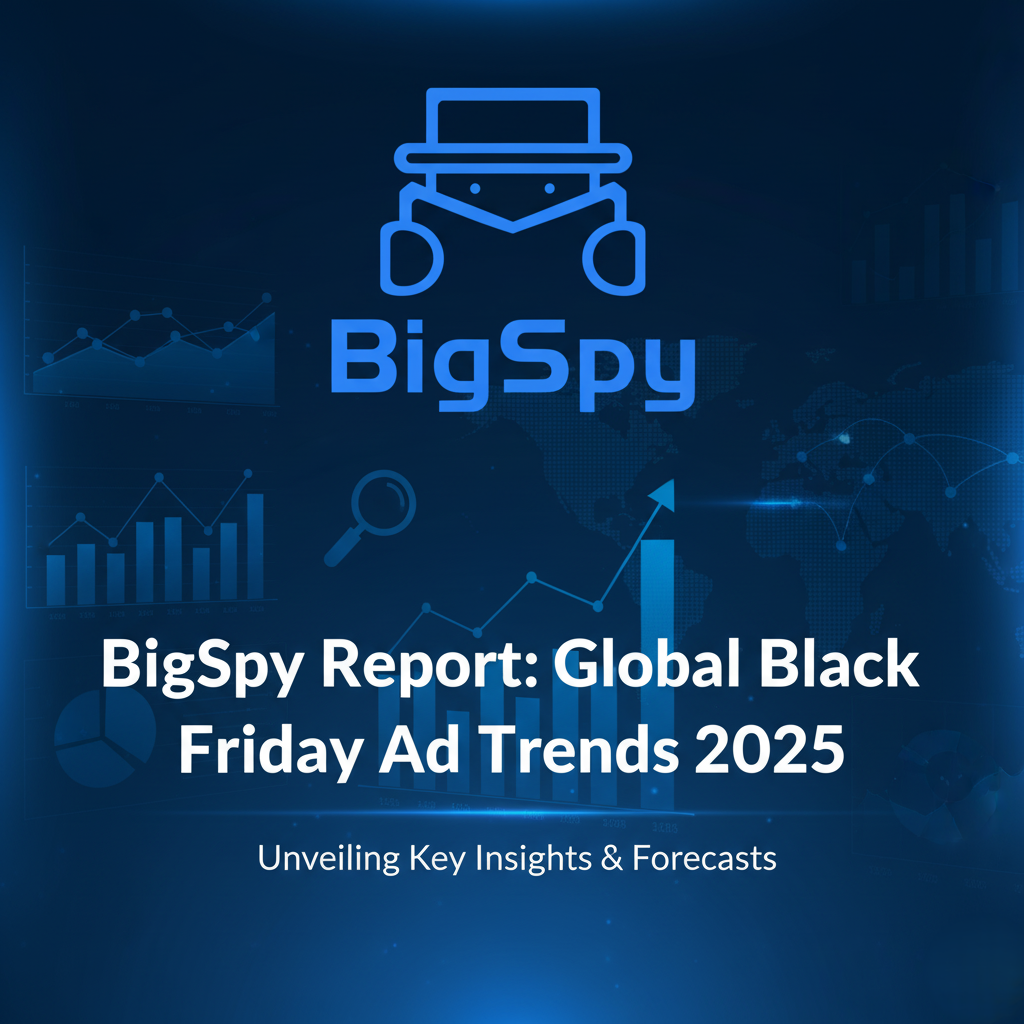
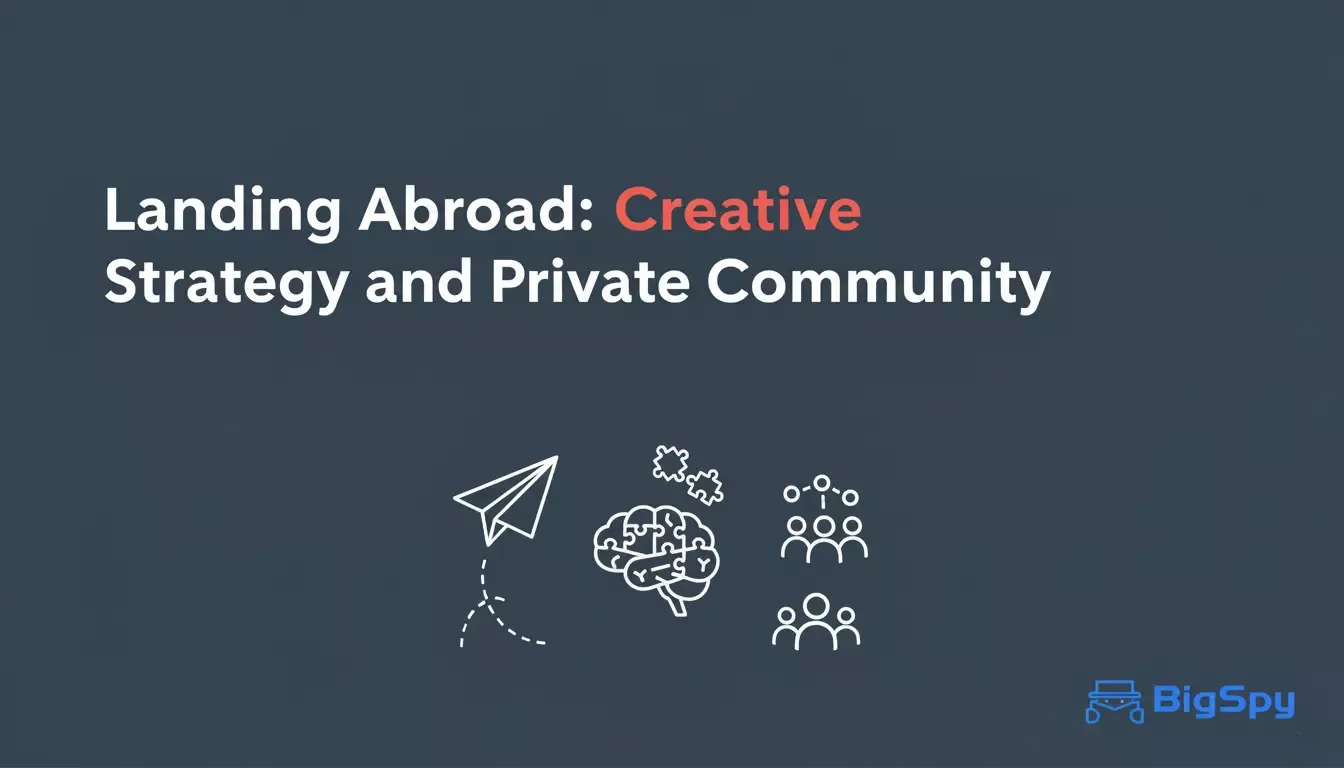
.webp)
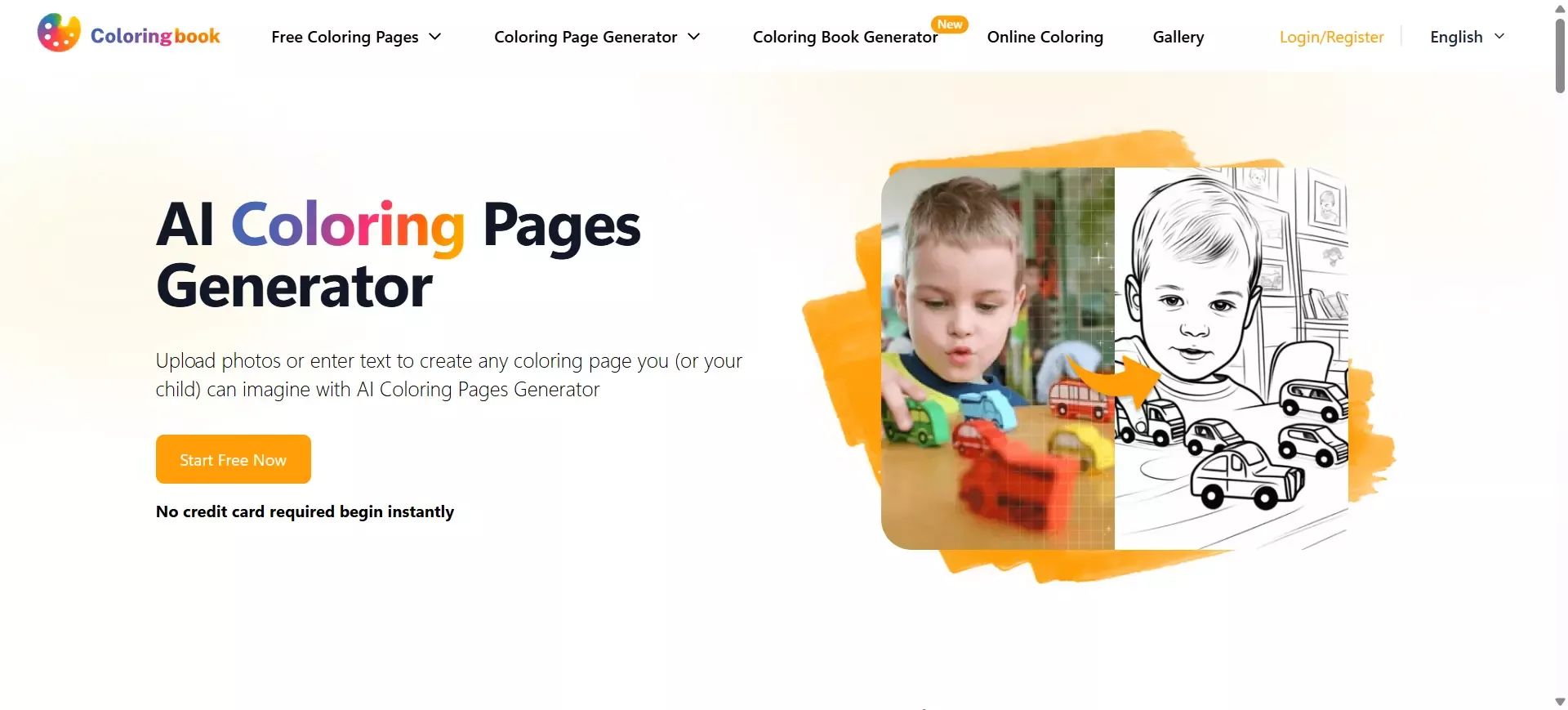
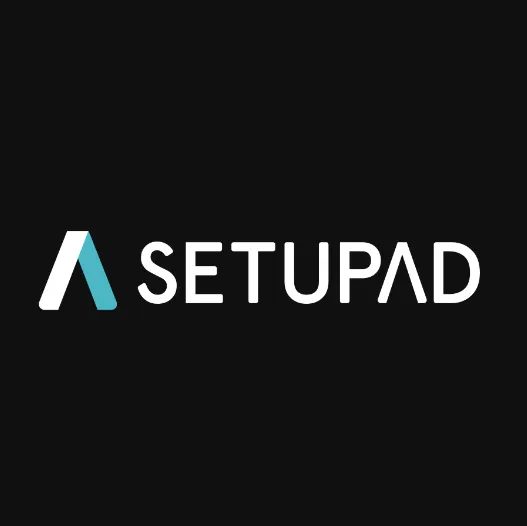

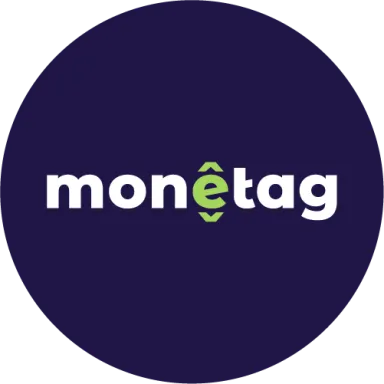


 (1).webp)
